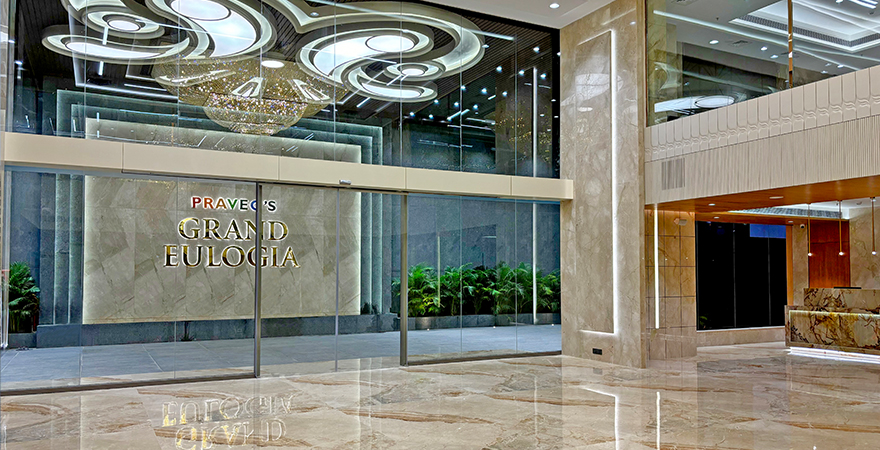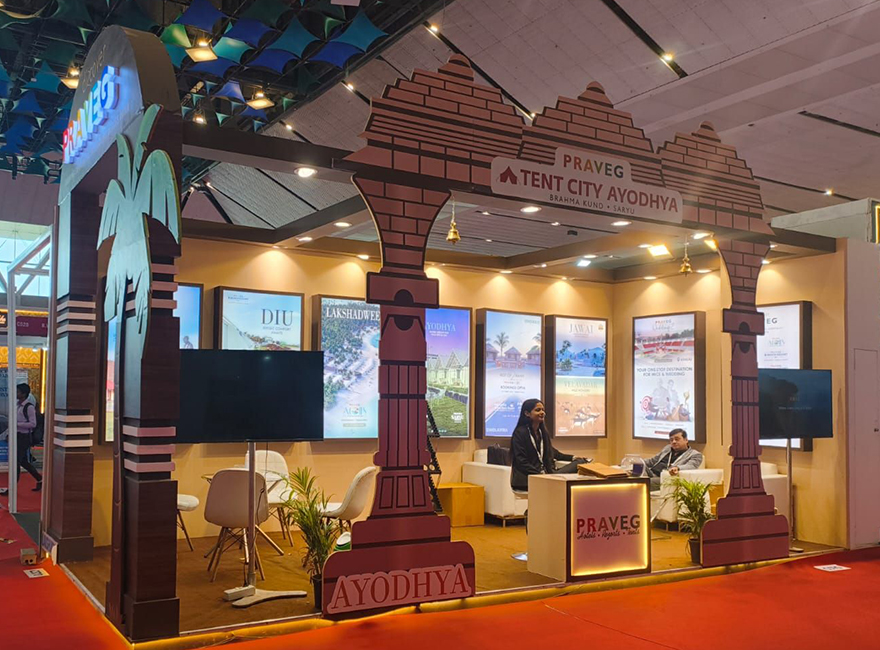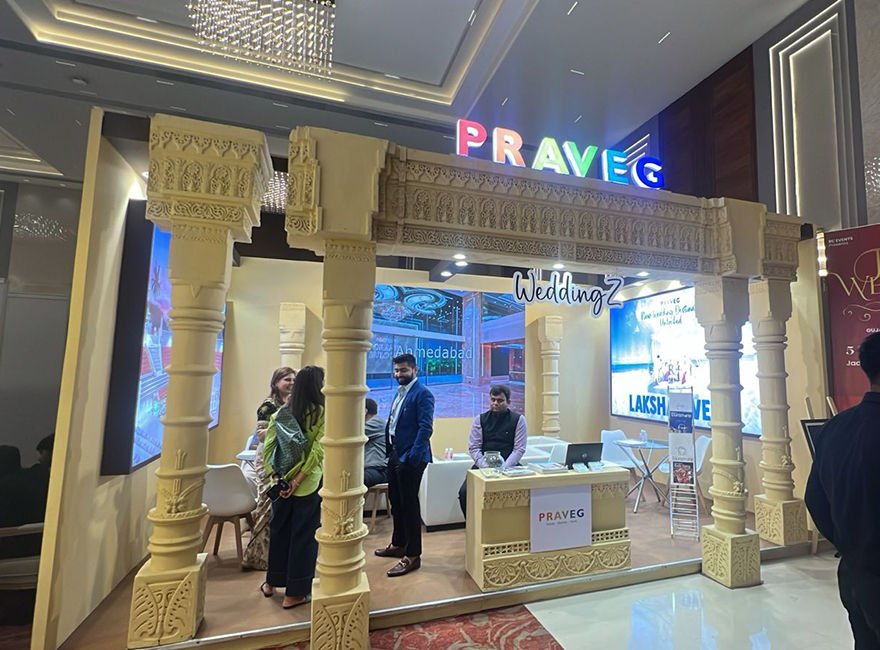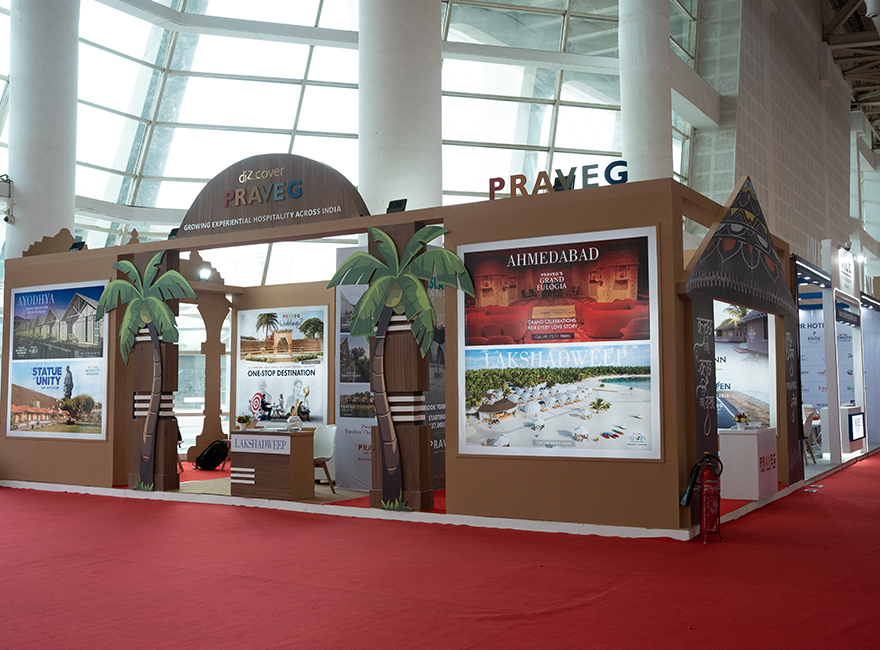Sustainability in hospitality is now a vital component of hotel management in the now fast-moving world of hospitality, where it was once a fashionable term. Practices that once resembled scraggly little green practices—like reusing towels or enrolling guests in paperless check-in—have evolved into a mindset that embraces every element of a guest experience—ownership, design, and post-guest habits. A hotel's eco-friendliness matters to today's travellers, and caring about eco-friendliness manifests in travellers' daily habits and decisions. For those who run or lead hotel operations, being sustainable is not only the right thing, it is a positive strategic initiative, justifying their position while growing the property brand, reputation, and eventual revenues.
Changing Guest Expectations
Guests today are more aware of their environmental impact than any other time in history. They expect more than feeling good about where they are going to stay; they want to feel good about staying at a place, and the impact their stay makes on the world in which they live. Hoteliers are responding to guests' request for responsible purchasing, use of energy efficient designs, and dining options that are sustainable. It is the guest requests that continue to push that green envelope into the hospitality industry, whether it be plating sustainably sourced, organic cuisine, or encouraging waste to be sorted.
Energy Efficiency and Resource Management
Energy efficiency is an important aspect of sustainable hotel management. Many hotels utilize copious amounts of electricity and water on a daily basis, so improving efficiencies in both areas decreases consumption by substantial amounts. Many properties now implement smart energy models that adjust lighting, air conditioning, and water heating based on occupancy. Alternatives in energy savings, such as solar panels, greywater recycling systems, and motion-sensor lighting have gone from being futuristic ideas to almost standard methods of reducing emissions and creating cost savings. Managers are learning that sustainability impacts the planet positively, and also has a tangible impact on their overhead operating expenses.
Ethical Sourcing and Waste Reduction
Another important thrust of sustainability practices in hospitality begins with sourcing and waste practices. Hotels are beginning to partner with artisans, farmers, and producers in their communities in order to decrease the carbon footprint from the sourcing distance. Efforts that reduce single-use plastics, convert food waste to compost, and offer refillable goods in toiletries and consumables are commonplace. Although these seem like simple approaches, they create a sustainable sense of trust with eco-travellers who want to trust in the genuine foundation and accountability of a hotel.
The Human and Community Effect
Sustainable hotels exist beyond energy and materials; it heavily involves humans. Many hotels are embracing fair employment practices, engaging local communities and supporting them through education, and providing programs for local cultural preservation. This people-first perspective is exceptional in combining sustainability with social responsibility and allows hotels to create a legacy that is worth more than just a guest experience. If a hotel legacy supports positive impacts on the community where it is situated, the hotel can enhance its brand and sustain its business for the long term.
Praveg Properties: Setting A Benchmark for Responsible Luxury
Praveg properties are an excellent example of how this sustainability-based philosophy can be successfully applied. Praveg is acknowledged as a company that operates resorts or nature retreats for a purpose. With resorts located across India, Praveg collaborates luxury and conscious environmental and natural resource use. Praveg's eco-resorts and glamping sites are designed and operate under minimal impact, renewable energy, sustainable waste, and within the resort's natural surroundings. Furthermore, the Praveg resorts actively promote local economy through employment that promotes local culture so that each experience is contributing to the community's economy and ecology. In other words, when guests stay in a Praveg property, their experience allows them to be engaged in positive action.
Conclusion
The future of hotel innovation will undoubtedly remain anchored in sustainability. The next generation of travellers will be digitally savvy individuals who are more passionate than any previous cohort about authenticity and transparency. Like their predecessors, hotels that embrace the environmental and ethical values that motivate this traveller cohort will be rewarded by their patronage. Rather, the emerging technologies— AI-based energy monitoring, carbon-neutral construction tech, and regenerative tourism—will help shape the manner in which hotels make the changes and adapt in the subsequent decade. The hotel managers who will be most successful will not be the hotel management team who develop a sustainability program, but the hotel management team who embrace sustainability in hospitality, in every possible decision they make (design, operations, engaging etc.).







